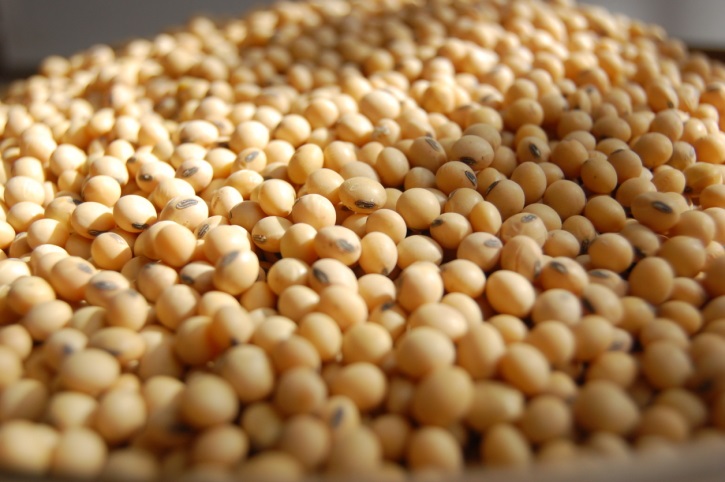Due to the announced
raising tariffs on US soybean imports to China, besides other tariff
increases that are published in the raging trade war, China's domestic farmers
and competing overseas suppliers like Brazil will likely benefit from
the situation.

According
to market insiders, the 25% punitive tariff on American soybeans announced by
the Chinese government is likely to hit the countries agriculture hard and is
one of the commodities that is going to cause significant economic damage.
If
the punitive tariffs are going to last for the next couple of years, the
soybean exports of the USA to China may witness a decrease by more than 33%,
which will generate over USD3 billion in lost revenue each year for the
country.
Other
major soybean exporting countries are more than ready to take the place and
increase their influence in the global soybean market. One of the big winners
in such a scenario would be Brazil. The country could probably increase its
exports to China by more than USD2.5 billion annually. Those increases are
possible because China is the world's largest import market for soybeans, which
are used mainly as feed for animals. The USA, on the other hand, is the largest
exporter.
Observers
believe that the imposition of tariffs will in the medium-term lead to the
Chinese ordering mainly in Brazil, while the released supply from the USA could
be absorbed by European countries.
China's
soybean business will enjoy more opportunities in Sino-US trade war
According
to the research of market intelligence firm CCM, the top 2 trade surpluses from
the USA to China are services and agricultural products, as well as vehicle,
aircraft and vessels. Of this, soybean plays a key role in the agricultural
production. China's imports of soybean almost doubled from 2010 to 2017, of
which the soybean imported from the USA reached about 33% of China's imports
and 62% of the national exports from the USA. That is to say, China has
supported the development of the American soybean business for years.
In
the list for China to impose an increased tariff on the USA, soybean is listed
impressively. When the tariff is increased, the soybean imported from the USA
will lose competitiveness in the domestic market, which, undoubtedly, will do
good to the Chinese domestic soybean business.
The
Chinese government has already announced its plan for the subsidy policy in
order to encourage farmers to plant more of this important commodity. In Jilin
Province, soybean processors will be subsidized with RMB300/t. In Heilongjiang
Province, the food and side food purpose soybean processing business with a
processing capacity of over 5,000 t/a is allowed to apply for a subsidy.
What's
more, on March 28, 2018, governmental officials decided to deepen the VAT
reform. From May 1, 2018, the VAT on agricultural produce will be reduced from
11% to 10%. The VAT reduction will directly benefit domestic enterprises,
especially the soybean business which is currently facing a small depression.
The funding saved may be used by the enterprises to promote the sales or to
improve the quality of raw material so as to increase the price. This will give
an impetus to the sales of soybean and will help increase the price of quality
soybean.